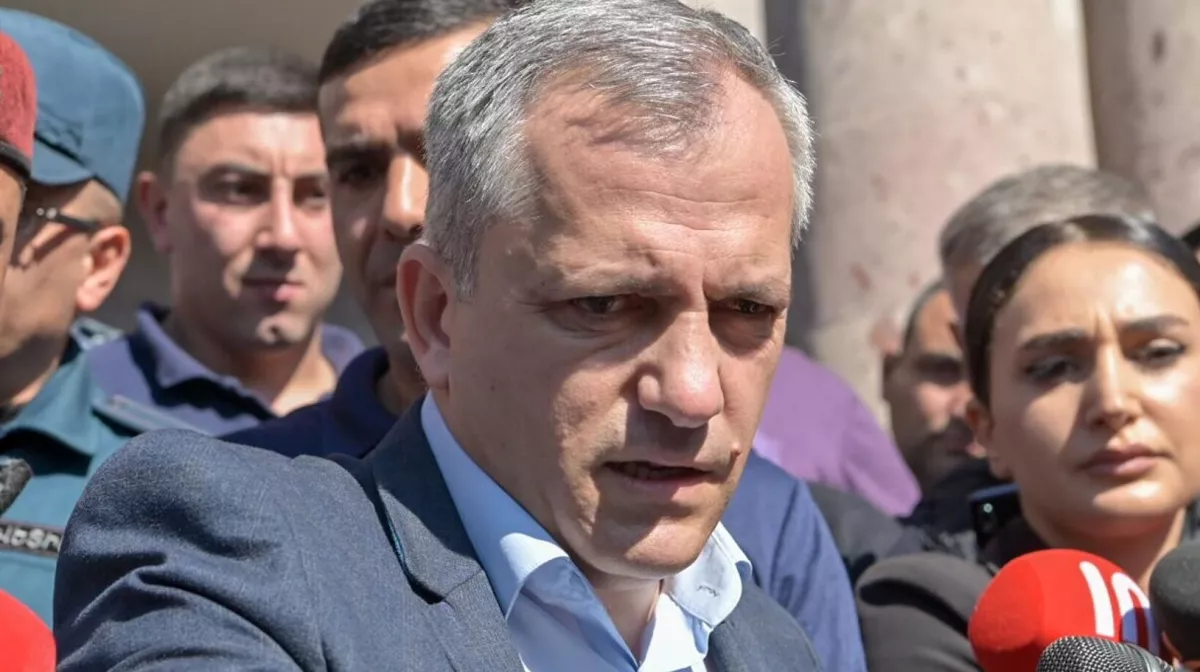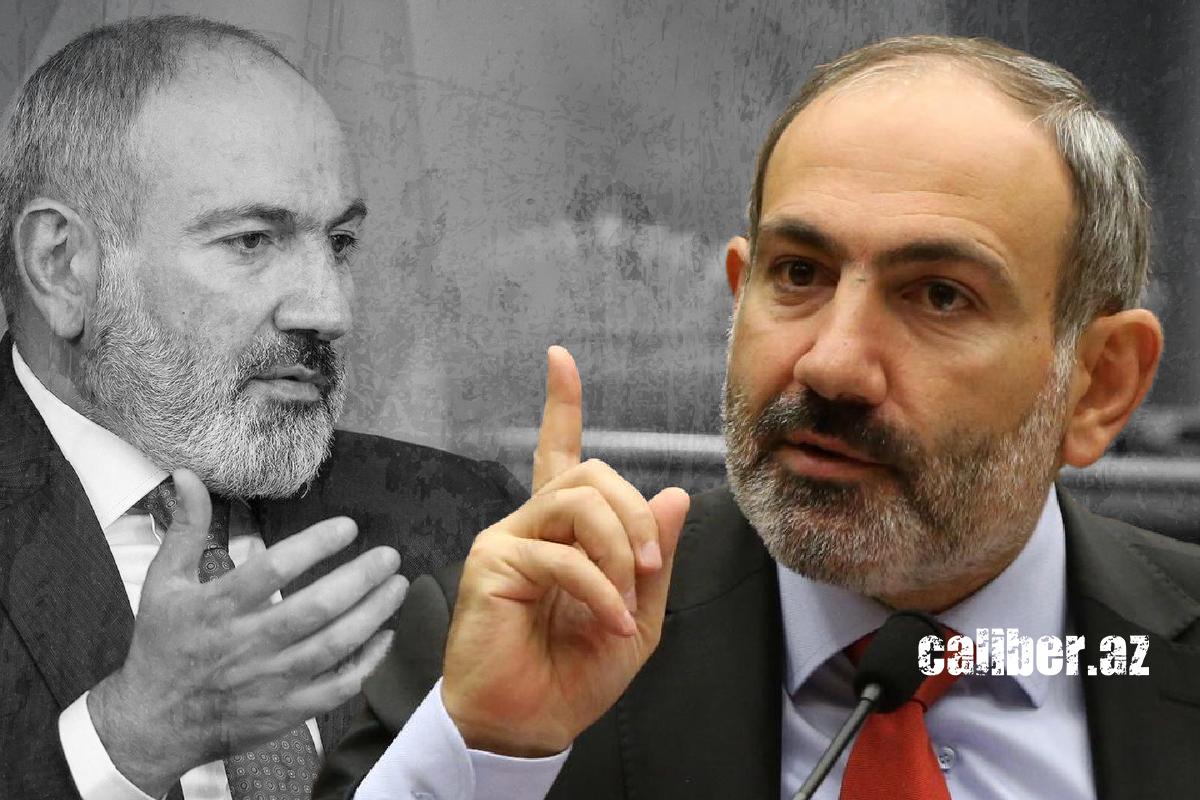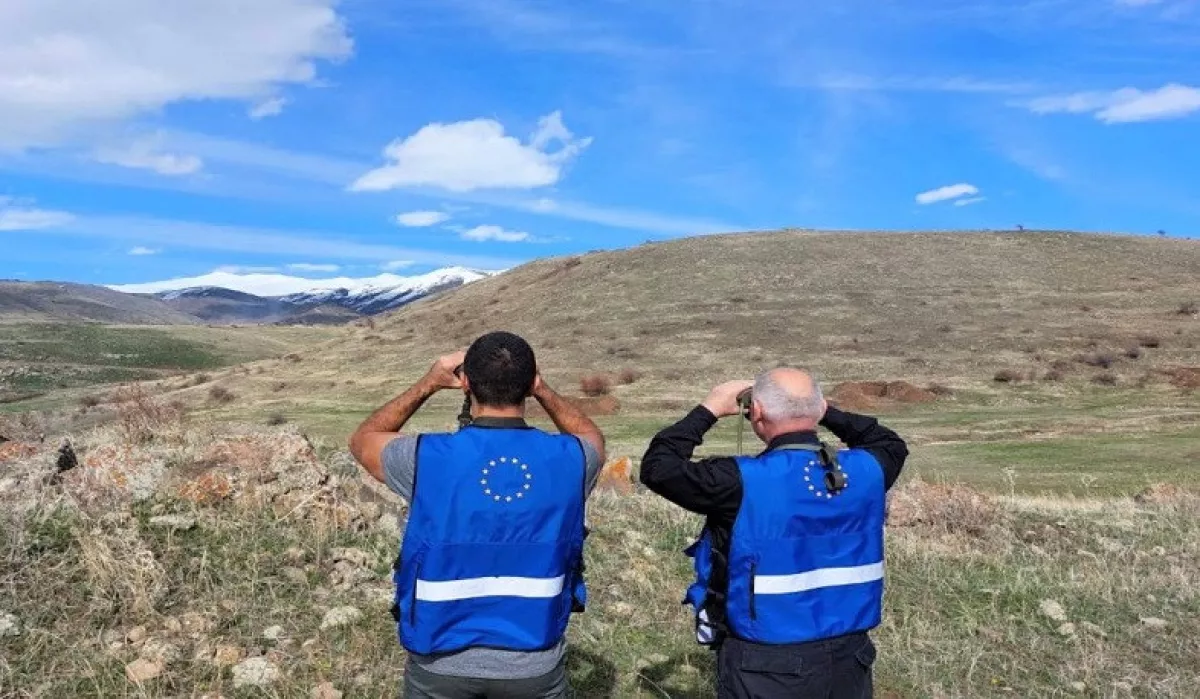Armenia’s latest maneuvers signal intent for renewed hostilities Reviving the separatist saga
In Armenia, a new episode of the ongoing farce unfolded after a lengthy summer hiatus. Former Karabakh separatist leader Samvel Shahramanyan declared that the document outlining the dissolution of the separatist junta “has no legal force.” He claimed that the document he signed is “anti-constitutional” and asserted that Karabakh Armenians have a “strong desire to return and develop their homeland,” but they require “international guarantees” for such a return to be “honorable.”
This is not the first instance of Shahramanyan repudiating his own signature. Nonetheless, there is a measure of truth in his statements: his signature, along with the creation and actions of the so-called “NKR,” is indeed unconstitutional.
For Azerbaijan and the international community, everything executed or endorsed by the self-proclaimed separatist leaders in Karabakh is unconstitutional. Despite this, it was of crucial importance to compel these pseudo-leaders to formally dissolve their entity, thus allowing them to conclude their separatist narrative themselves. However, the current discussion extends beyond this point.

In this particular instance, the focus is not on Shahramanyan’s political legitimacy, but rather on the behavioral pattern where one initially makes a statement or takes an action, only to later renounce it and claim it was merely a joke or not serious.
This pattern seems strikingly familiar, doesn’t it? Isn't this precisely the behavior exhibited by Armenian Prime Minister Nikol Pashinyan? To be fair, Pashinyan has elevated this tendency to an art form.
We have repeatedly observed him making one statement, taking a different action, and then retracting both his statements and actions. A recent example of this was Pashinyan’s statement that the Azerbaijani constitution contains territorial claims against Armenia. This claim came despite Pashinyan's earlier, more constructive effort earlier this year to update Armenia’s constitution to better reflect its actual status rather than a mythical one. It now appears that this initiative was nothing more than a facade.
The Armenian leadership is promoting the narrative that the Azerbaijani Constitution contains territorial claims against Armenia as a tactic to deflect attention from Azerbaijan's legitimate calls for amendments to Armenia’s constitution. The ultimate goal of this tactic is to reject any changes to the constitution and maintain Armenia's territorial claims against Azerbaijan at the state level.
This strategy, according to its architects, is intended to be implemented incrementally. The first step involves reigniting the debate over the status of Karabakh Armenians.
Shahramanyan's statement aligns with a broader strategy aimed at reigniting discussions on the issue. Yerevan and its allies are resurrecting various figures from obscurity, akin to characters emerging from Michael Jackson’s "Thriller" video, in an attempt to amass support and channel this collective towards Baku. This includes individuals like Ocampo, “investigative journalists” from Organized Crime and Corruption Reporting Project (OCCRP), and others.
The endorsement of Vardan Oskanian, considered a prominent figure in Armenian diplomacy, casts a shadow over these efforts. Additionally, the actions of Armenian leader Nikol Pashinyan reflect full alignment with this agenda. Statements from figures such as Samantha Power, James O'Brien, and Peter Stano are meant to lend credibility to this movement.

From this, one might infer that Armenia is either deficient in its diplomatic capabilities or demonstrates a lack of genuine interest in achieving peace.
The failure of the “NKR” project has not led to the abandonment of the “miatsum” (reunification) concept. In Armenian society, ideals of grandeur and ethnic superiority take precedence over values of peace and good neighborliness. Skilled political strategists exploit this by promoting the opposite narrative: that Turks are relentless in their desire to harm Armenians, compelling Armenia to perpetually resist and, if possible, preemptively strike.
The active arming of Armenia by Western powers and India, joint military exercises with the United States, and the ongoing expansion of what is purportedly a civilian cross-border mission, but in reality functions as an EU intelligence operation, all contribute to a clear picture of Armenia's preparation for renewed conflict. Combined with ambiguous statements from Armenian leaders and the activities of figures like Shahramanyan, these factors strongly indicate Armenia's intent to prepare for a new war.

Against this backdrop, Armenia’s professed desire for peace appears, at best, unconvincing. It seems that what Armenia seeks is not genuine peace but merely a respite to recover from its recent defeat, heal its wounds, and prepare for another assault on Azerbaijan.
What Armenia seems to have forgotten is that Azerbaijan has changed significantly over the past thirty years. Any new aggression could not only obliterate the notion of “miatsum” but could also jeopardize the very existence of the Republic of Armenia itself.








